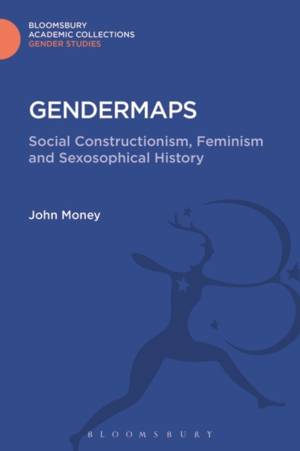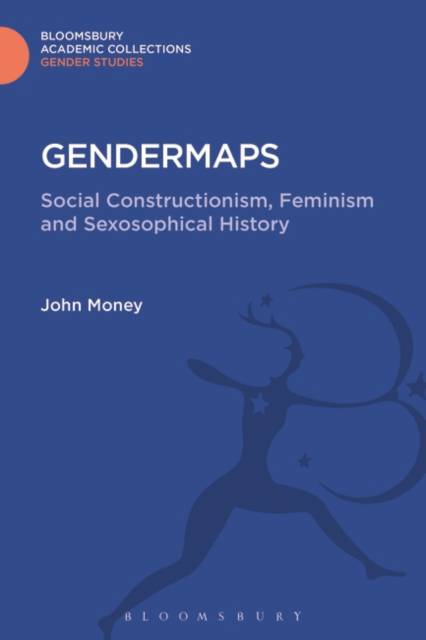
En raison d'une grêve chez bpost, votre commande pourrait être retardée. Vous avez besoin d’un livre rapidement ? Nos magasins vous accueillent à bras ouverts !
- Retrait gratuit dans votre magasin Club
- 7.000.000 titres dans notre catalogue
- Payer en toute sécurité
- Toujours un magasin près de chez vous
En raison de la grêve chez bpost, votre commande pourrait être retardée. Vous avez besoin d’un livre rapidement ? Nos magasins vous accueillent à bras ouverts !
- Retrait gratuit dans votre magasin Club
- 7.000.0000 titres dans notre catalogue
- Payer en toute sécurité
- Toujours un magasin près de chez vous
168,45 €
+ 336 points
Description
To understand masculine and feminine social and political history in the second half of the 20th century, one must first understand the lexical history of the term gender, which did not become an attribute of human beings until 1955 when John Money introduced the concept of gender role to refer to the masculine or feminine presentation of individuals whose genital organs, by reason of birth defect, were anatomically neither completely male or completely female, but hermaphroditic.
In this book, Money explores the history of gender differentiation and its impact on contemporary, postmodern social constructionist explanations of male and female. He argues that the nature vs nurture dichotomy should be abandoned in favour of a paradigm of nature/critical period/nurture. The book further discusses how some gender differences are phylogenetically shared by all people and others are ontologically unique to an individual.Spécifications
Parties prenantes
- Auteur(s) :
- Editeur:
Contenu
- Nombre de pages :
- 176
- Langue:
- Anglais
- Collection :
Caractéristiques
- EAN:
- 9781474287869
- Date de parution :
- 06-10-16
- Format:
- Livre relié
- Format numérique:
- Genaaid
- Dimensions :
- 156 mm x 234 mm
- Poids :
- 426 g

Les avis
Nous publions uniquement les avis qui respectent les conditions requises. Consultez nos conditions pour les avis.






